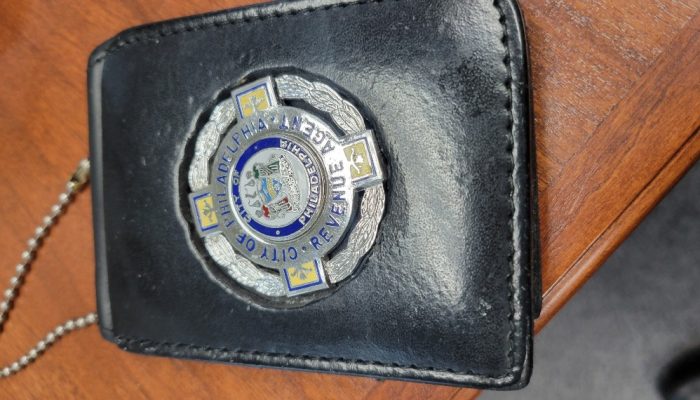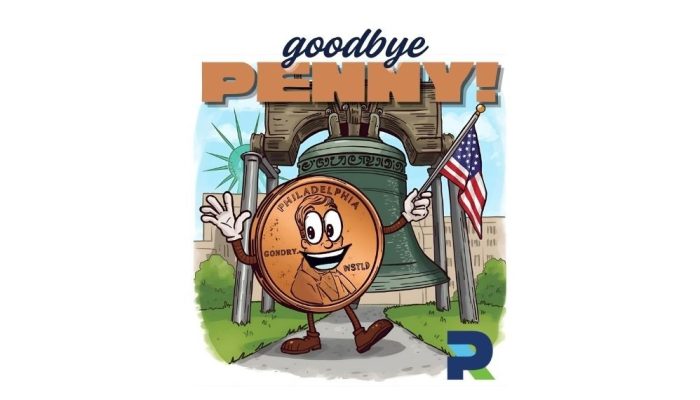Ever wondered if it’s really the Department of Revenue knocking on your door? One answer: yes, we’ve resumed enforcing standard investigations, including knocking on taxpayers’ doors. We may visit your home or business for various investigation purposes, such as checking eligibility for assistance programs, tax compliance, or verifying a billing address. These visits are usually unannounced and happen only after we’ve sent you numerous notices.
Our goal is to ensure tax compliance while helping those most in need. Don’t hesitate to contact us if you’re an individual taxpayer, a business, or a nonprofit organization with outstanding tax issues. We’ve got several easy ways to help you meet your obligations, including flexible payment options for businesses or relief options for eligible taxpayers.
How to tell if it’s really the Department of Revenue
Regular mail is the most common way we contact taxpayers. You might get a letter about tax return errors, if you owe money, or if we need more information about your tax account or refund petition.
Nevertheless, we could come to your business or home if you receive business tax abatements or if you’re enrolled in a property tax relief program. But don’t panic, our visits aren’t all about audits or enforcement. It can be as simple as telling you what to do or who to call for help resolving your compliance issues. In rare cases, we may visit you to serve a court order or enforce closing if your business license is revoked.
You can identify our agents by their navy blue polo shirts or jackets that say, “City of Philadelphia Investigations.” They also wear “City of Philadelphia Revenue Agent” badges and drive City of Philadelphia cars.
Additionally, they have official City business cards. When they arrive at your home or business, they’ll introduce themselves, show you their badge, and tell you why they’re there.
Here’s what to expect
Our agents will never ask for your confidential personal or tax information. For example, they will never ask for your Social Security Number (SSN) or tax return records in person or over the phone. They will only ask for information relevant to their visit, and that will vary from taxpayer to taxpayer.




